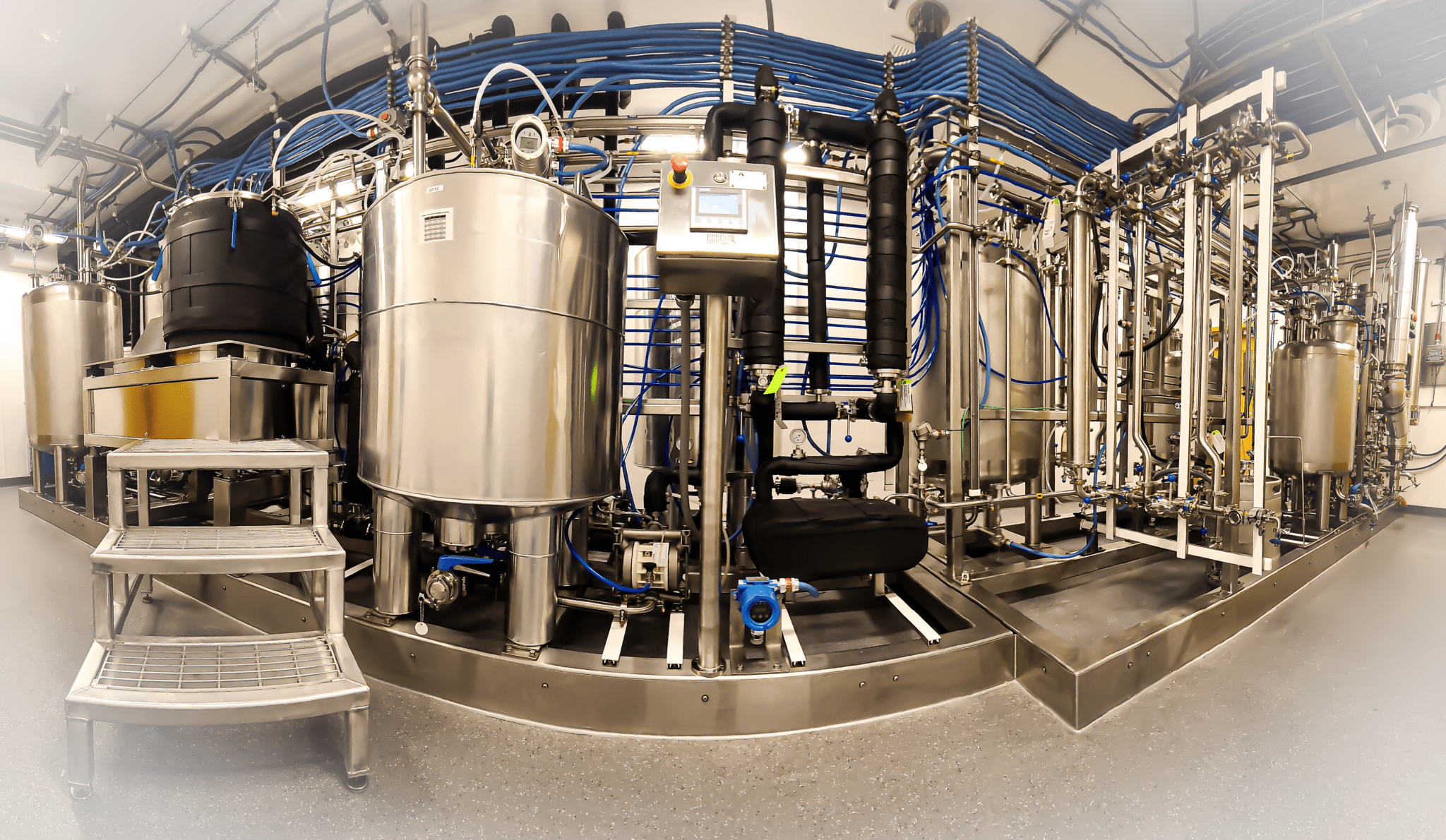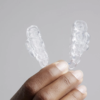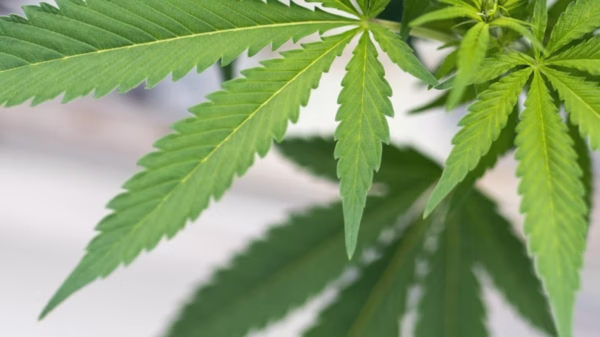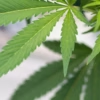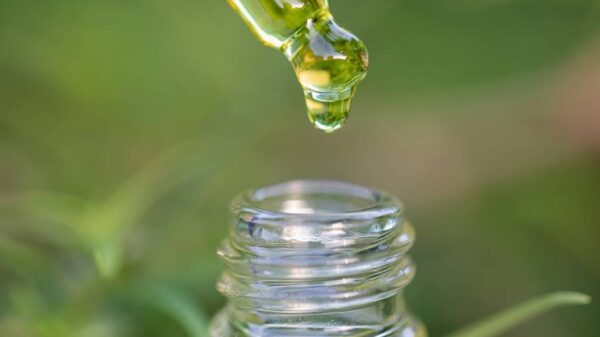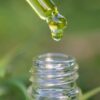If the Canadian government puts such a high priority on health and safety when it comes to cannabis, you’d think extensive pre-market product testing would be par for the course.
But the onerous licensing process means that only a handful of licensed producers are permitted to have people test and rate the experience of their products. One of those is Nextleaf Labs in Coquitlam, British Columbia.
After spending a year working on an application with Health Canada, the extraction lab subsidiary of Nextleaf Solutions Ltd. (CSE: OILS) (OTCQB: OILFF) recently got an amendment to its research and development licence, allowing human subjects to provide sensory feedback on how a cannabis product tastes, smells and feels. Currently, research participants are employees, investors and clients.
Other processors approved for human sensory trials include The Valens Company Inc. (TSX: VLNS), MediPharm Labs Corp. (TSX: LABS) and Radient Technologies Inc. (TSXV: RTI) (OTCQX: RDDTF).
Read more: Valens bullish on manufacturing strategy despite Q4 sales drop
Read more: One of Europe’s largest pharma firms inks supply deal with MediPharm
The ability to gather feedback during product development is particularly important for extractors, who experiment with various production technologies and product formulations, as well as different hardware for consumption.
Pre-market testing ‘should be common practice for any cannabis company’
It’s essential to test products before launch as they can create bad consumer experiences, says Nextleaf Solutions co-founder and CEO Paul Pedersen.
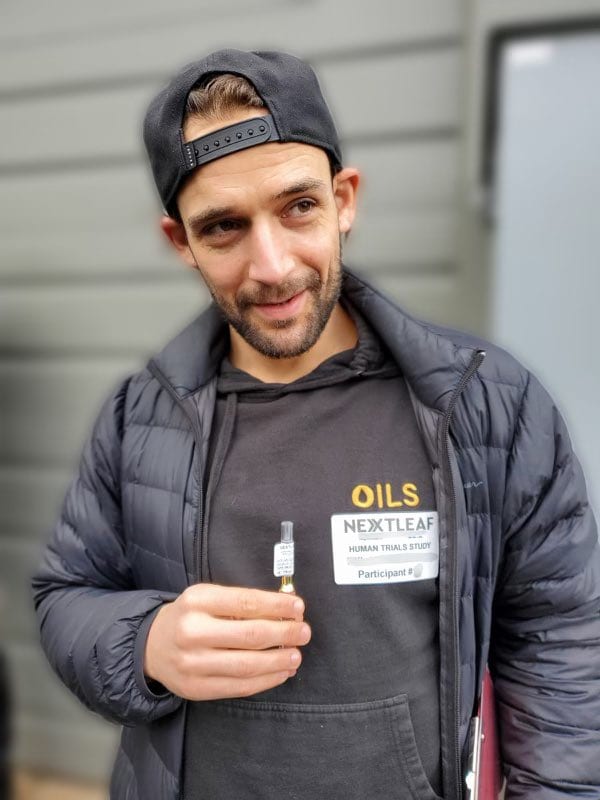
Nextleaf Labs is conducting human sensory trials at its extraction facility in Coquitlam, B.C. Submitted photo
Data currently shown on labels doesn’t provide enough information, he says, and it’s common practice for companies to use legal loopholes to test.
“I was actually shocked when I was told, ‘No, there is no way to actually test product,'” he tells Mugglehead in a phone interview. “The only way companies kind of can get around the rules and test [product] is if they have a medical sales licence, and they have employees that are medical patients literally order products through the medical channel and test it.”
One of the advantages of operating in Canada’s federally regulated market, Pedersen explains, is the ability to collect data with variables like viscosity, terpenes and flavours. This provides wider possibilities for product development and should be a common practice for any cannabis company, he says.
Canadian consumers have faced major issues with vapes in particular, buying products made with “inferior” hardware that causes clogging, leaking, and crystallization in high-CBD cartridges.
“Under the research licence, Nextleaf Labs can begin comprehensively testing cannabis vape oils for key fluid parameters such as viscosity, and how various oil formulations interact with different vape hardware to determine the best fit for each partners’ formulations,” reads the statement announcing Nextleaf’s amendment. Thus far, the firm’s business model develops proprietary extraction methodology, secures patents internationally and manufactures product for other Canadian brands like Eve & Co. Incorporated (TSX-V: EVE) (OTCQX: EEVVF).
“The company expects to drastically shorten design cycles and accelerate product development by validating new technologies and formulations more efficiently,” the statement continues.
Kicking off March 6, Nextleaf’s $20 million custom-built extraction plant in Coquitlam, B.C., is hosting volunteers every Saturday to evaluate products, which includes ingestibles made with the company’s water-soluble emulsion technology.
“It’s been interesting,” Pedersen says. “Based on production and availability of volunteers we are trying to get as many data points as quickly as we can for four products that we’re launching into provincial distribution for one of our partners right now.”
Read more: Industry experts say more executive diversity will improve weed’s bottom line
Read more: Industry mover: Sherry Boodram
But don’t get too excited about becoming a human guinea pig for weed.
For now, only internal volunteers and investors are invited to participate. However, Pedersen says his company will be opening the doors to public volunteers in the near future.
Nextleaf’s team is made up of cannabis industry leaders including chemists Tom Ulanowski and David Novitski, who have implemented methods like blind taste tests and using placebos to get honest data from participants.
With our amended R&D licence, we are able to conduct sensory evaluation of our custom cannabis formulations before they go to market. How neat is that?! I♥️🇨🇦!
Pretty incredible to think the majority of products sold to date never went through this process! @nextleaf_oils pic.twitter.com/i8VEQptH78
— Tom Ulanowski (@tom_ulanowski) March 7, 2021
As a low-cost producer of distillates and refined oils, Nextleaf’s main competitive advantage and focus is to keep prices low.
“A lot of it is to drive a lower-cost advantage compared to some of the larger processors and companies that use off-the-shelf extraction equipment,” Pedersen says.
Pedersen wants to bring Nextleaf’s innovative technology to markets worldwide.
“We’re a local B.C. company, but we’ve got global aspirations as we are one of the largest cannabis patent holders globally,” Pedersen says. “Those patents are based on innovation that we’ve developed from our B.C. roots here, and being able to scale that up we’ve really focused on extraction, distillation and now delivery of cannabinoids, whether that’s through vapes or some of our other delivery technology.”
It’s that relationship to the roots of the industry that makes Nextleaf unique, he says, and now it’s a huge opportunity to be on the front lines of global legalization.
Nextleaf has recently filed another amendment that would allow it to sell product directly to authorized distributors and retailers across Canada.
Top image via Nextleaf
Follow Natalia Buendia Calvillo on Twitter
natalia@mugglehead.com

